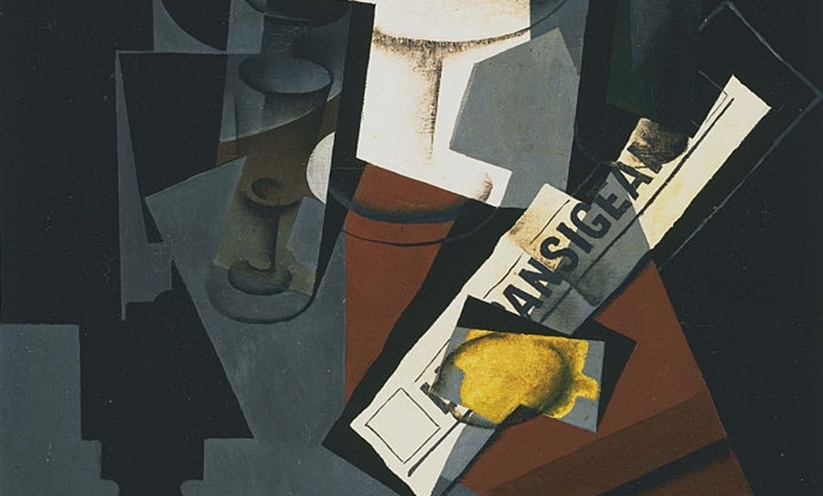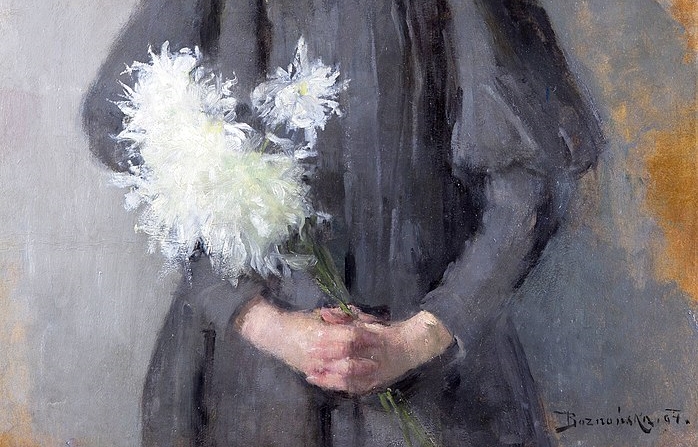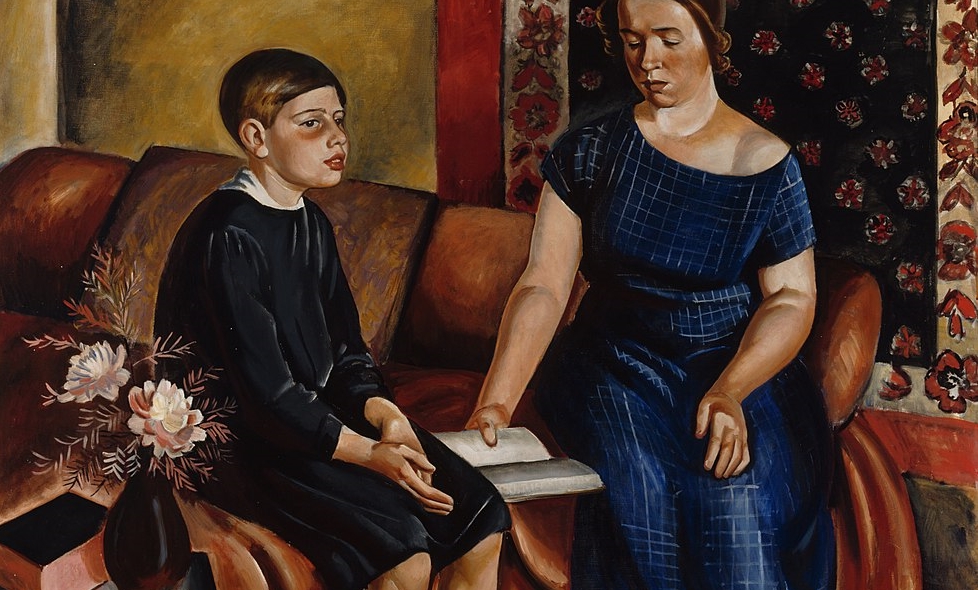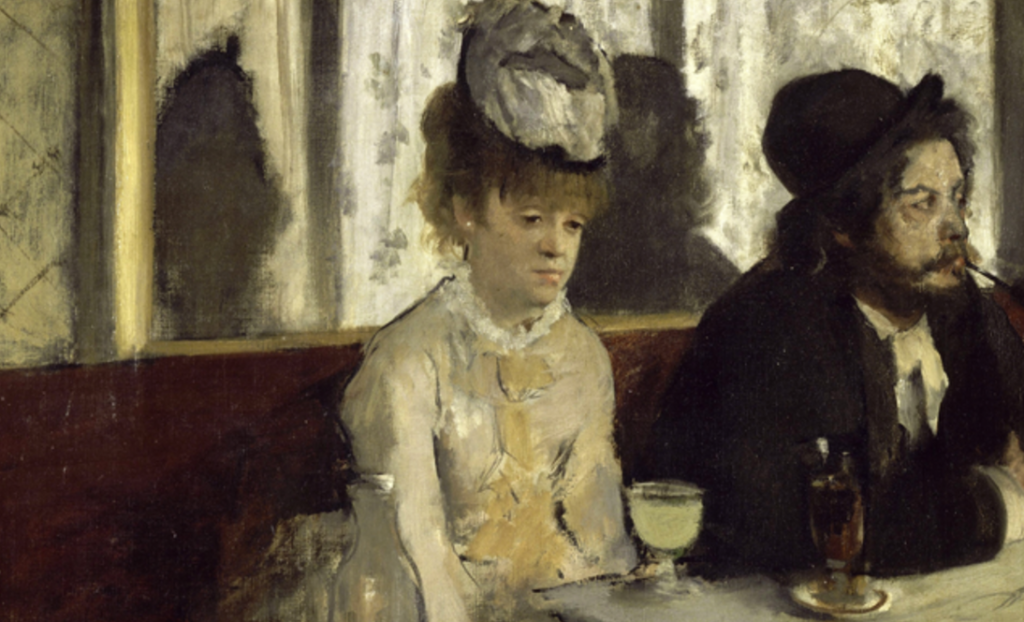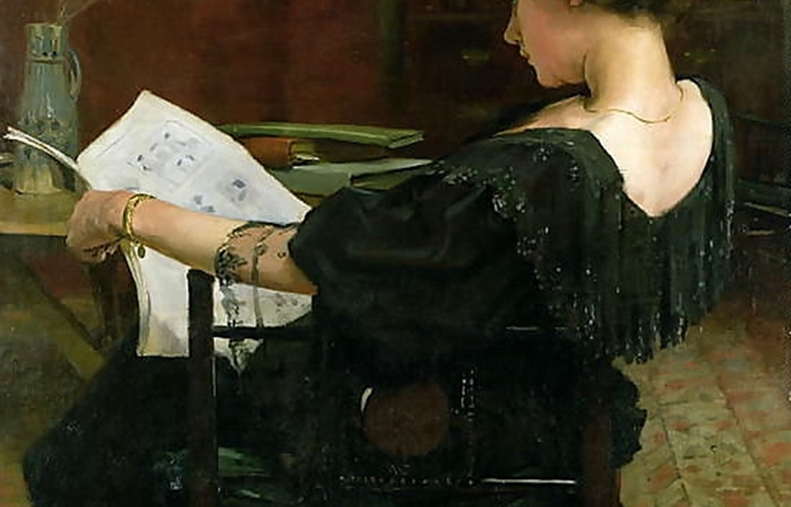
National Recovery Plan: Game of Cat and Mouse
On June 1, the European Commission approved Poland\'s national recovery plan worth ca. EUR 35 billion. Ursula von der Leyen, has warned that money will be transferred only if Poland doesn’t fail to reach all “milestones” in granting judicial independence: abolishing the Disciplinary Chamber of the Supreme Court, rewriting its rules and allowing judges sanctioned or suspended by the chamber to have their cases reviewed.



